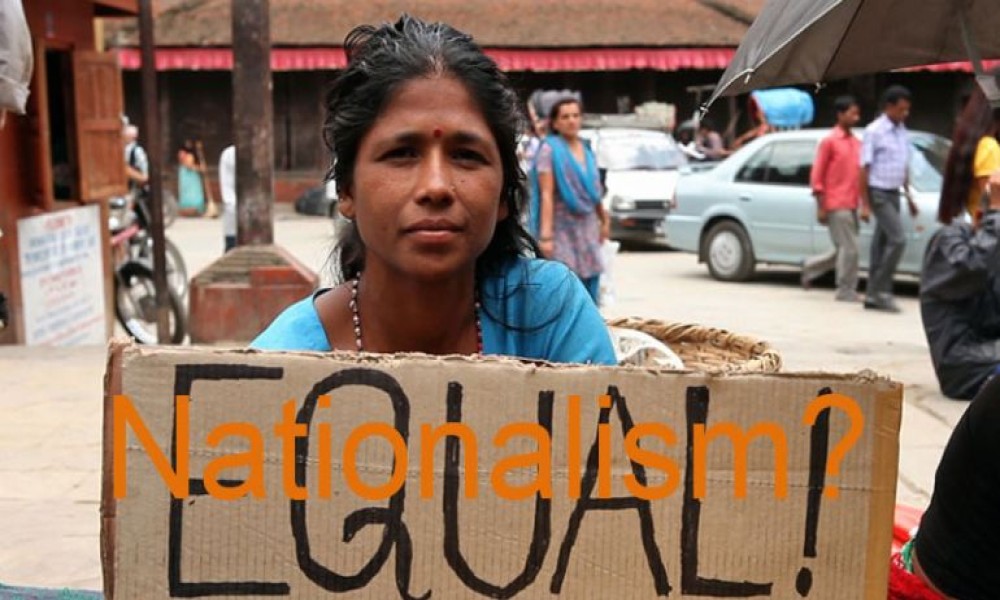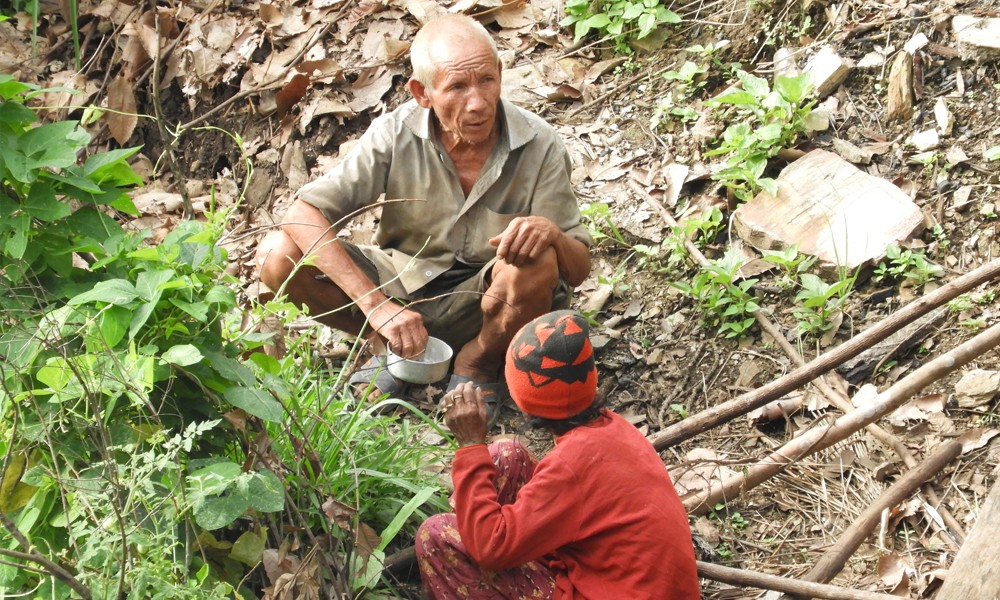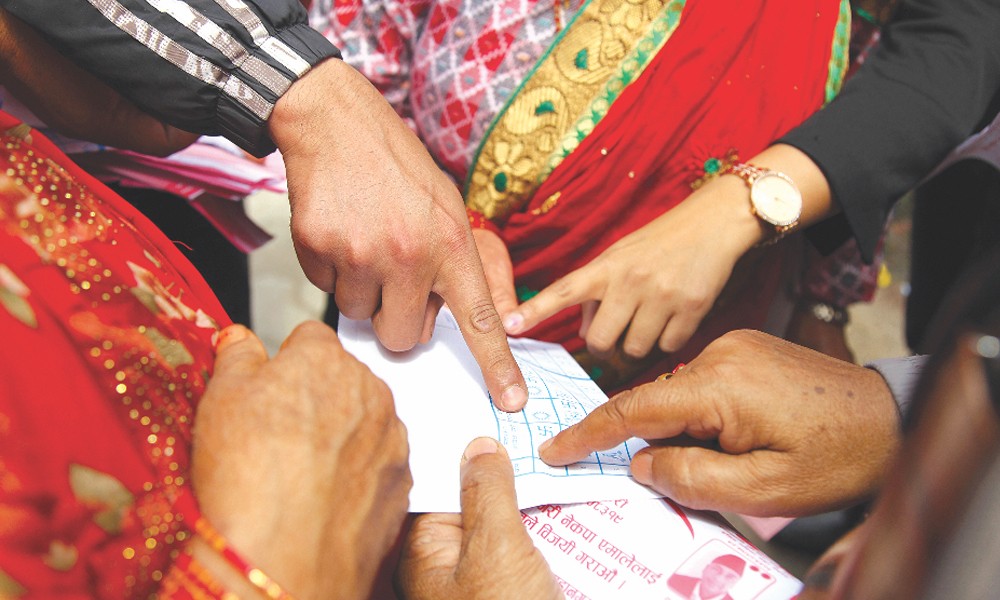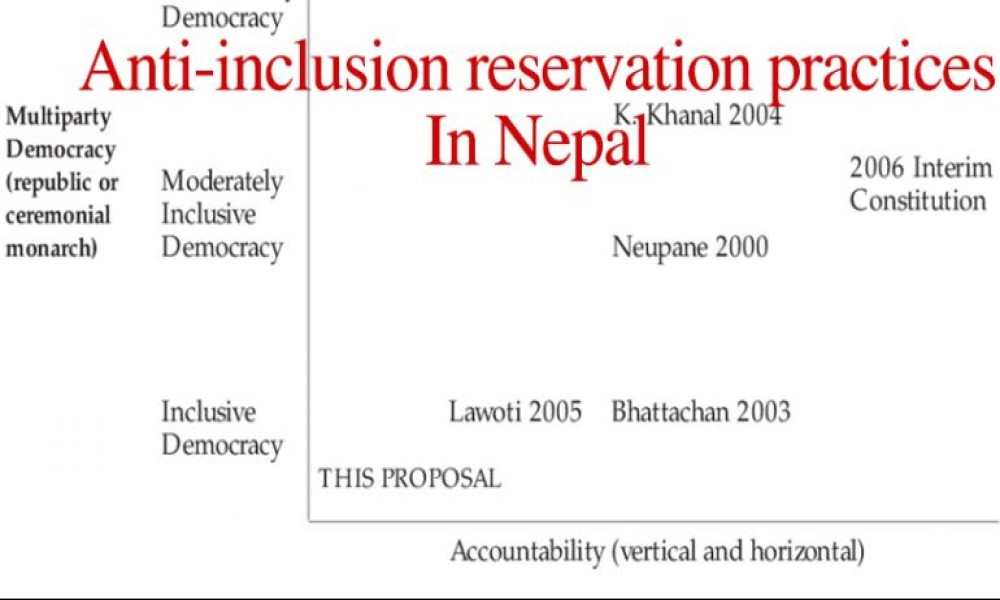Nationalism is a political theory as well as movement that a nation should be governed by itself. The nation has to be strong for nationalism to flourish in it. Nationalism is nothing but the shared notion of the We Feeling.
Nationalism has two key aspects. First, people living in the nation must have the We Feeling. Second, they must treat one another equally. Nationalism will be strong only in the presence of both or either of these two characteristics.
In a democracy, it is normal to crticise rival political forces. But if that criticism is based on ethnicity, religion or language, that does not bode well for nationalism.
In Nepal today, the allegiance of Madhesis and Muslims to their nation is being questioned because of their different race, identity and culture. This might strengthen the hill community's version of nationalism, but will alienate the plains people. It might eventually lead to the rise of Madhesi nationalism, and weaken Nepali nationalism.
In a democracy, it is normal to crticise rival political forces. But if that criticism is based on ethnicity, religion or language, that does not bode well for nationalism. Janajatis and Dalits are also being treated unfairly just because they wanted to be treated fairly. They are disgruntled, and their grievances remain unaddressed.
The establishment might make some offers to some Madhesi, Janajati or Dalit figures to weaken their struggle for justice, but this trick does not work always for a simple reason that offers cannot be made to everyone.
The establishment might make some offers to some Madhesi, Janajati or Dalit figures to weaken their struggle for justice, but this trick does not work always for a simple reason that offers cannot be made to everyone. The only way to deal with them is to address their grievances by making changes in policies.
Increased access to education, remittance and multiple means of self-dependency have led to the rise of Madhesi, Dalit and Janajati groups that can question the way the Nepali state has been functioning for ages. Ignoring their voices is not the way to strengthen Nepali nationalism.
It would not be easy to create the We Feeling in an ethnically diverse country like Nepal compared to homogenous nations. But it is not impossible either. In the US, once you get American citizenship you are considered an American citizen where you are Asian or Hispanic. Like Benedict Anderson theorised, they form an imagined community and are ready to die for those who come from multiple ethnic groups and whom they do not know on a face-to-face basis. This is possible only if they are all treated equally by the state. Closer to home, in India, all Indians share the same nationalism whether they are from the southern state of Tamil Nadu or the northeastern state of Mizoram.
The US has allowed all identities to flourish. India may be criticised for how it treats its neighbours, but the way it fairly treats all ethnic, religious and cultural groups is laudable.
So how can Nepal create such nationalism? The US and India can be examples. The US has allowed all identities to flourish. India may be criticised for how it treats its neighbours, but the way it fairly treats all ethnic, religious and cultural groups is laudable.
There are also examples to show what happens when multiple identity groups within a nation are treated equally, or their voices for inclusion and equality are suppressed. We do not have to go far to see it. In Sri Lanka, the Buddhist-Sinhalese suppressed the Hindu-Tamils, which resulted in a three-decade long war that killed more than 100,000 people. Bangladesh was created out of Pakistan as a separate nation because the Pakistan state did not recognise Bangla language, culture and community.
The lesson from the aforementioned examples is simple: recognition of diversity strengthens nationalism and ignoring diversity weakens nationalism.
(This is the unauthorised translation of the summary of Prof Mahendra Lawoti's article originally published in Kantipur daily on 24 March 2017)










